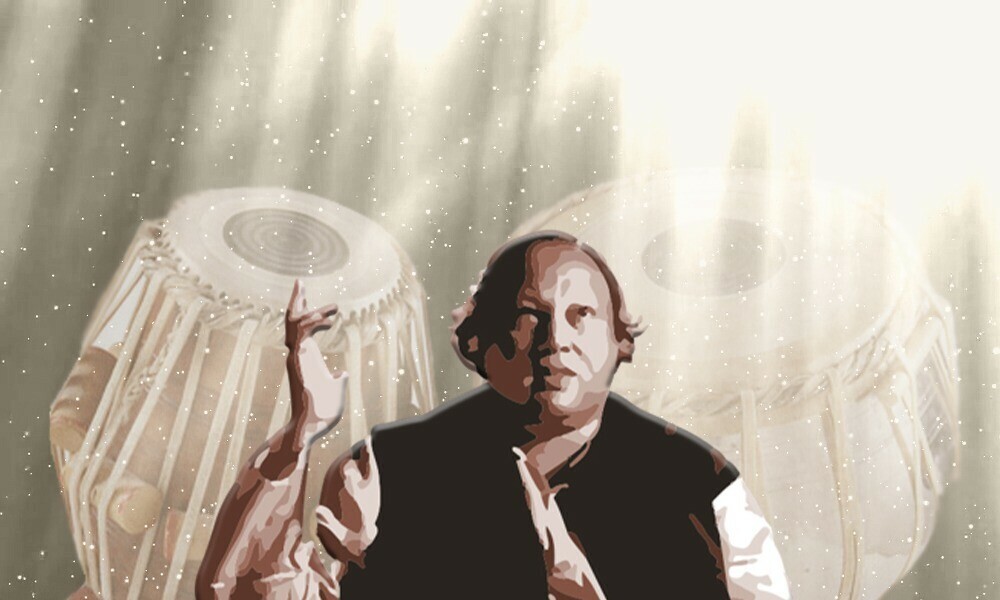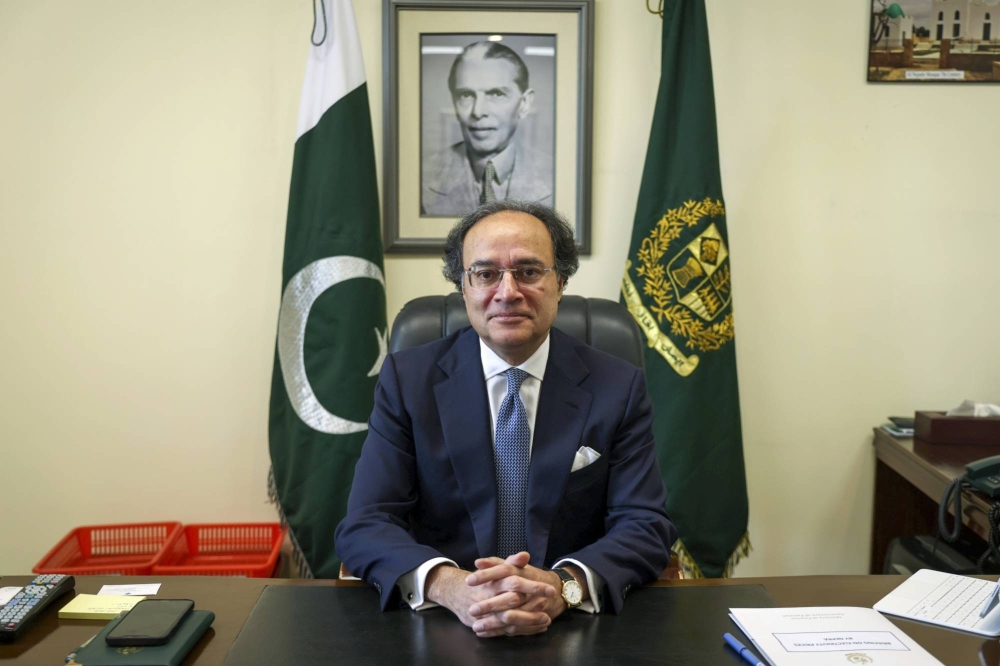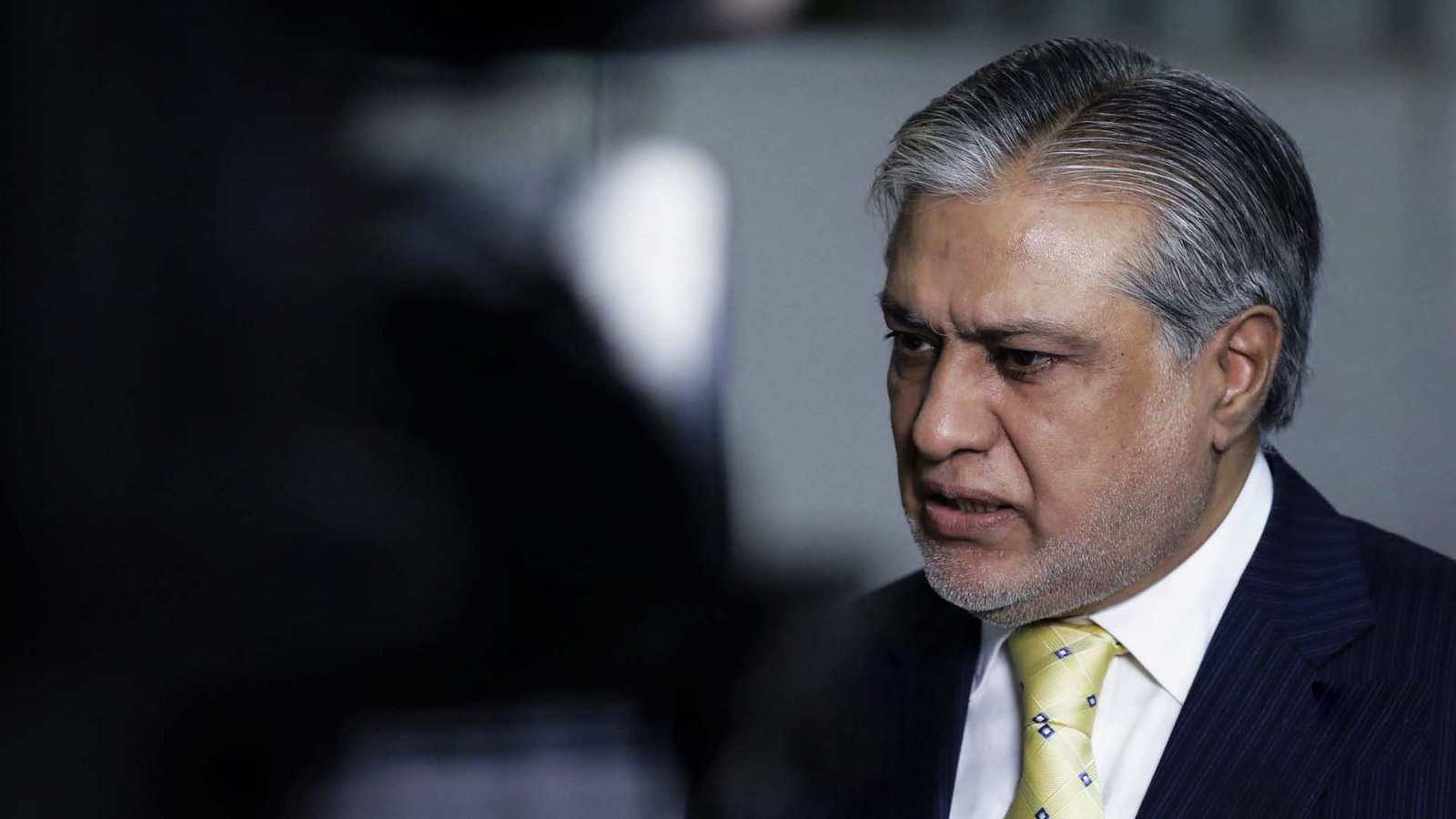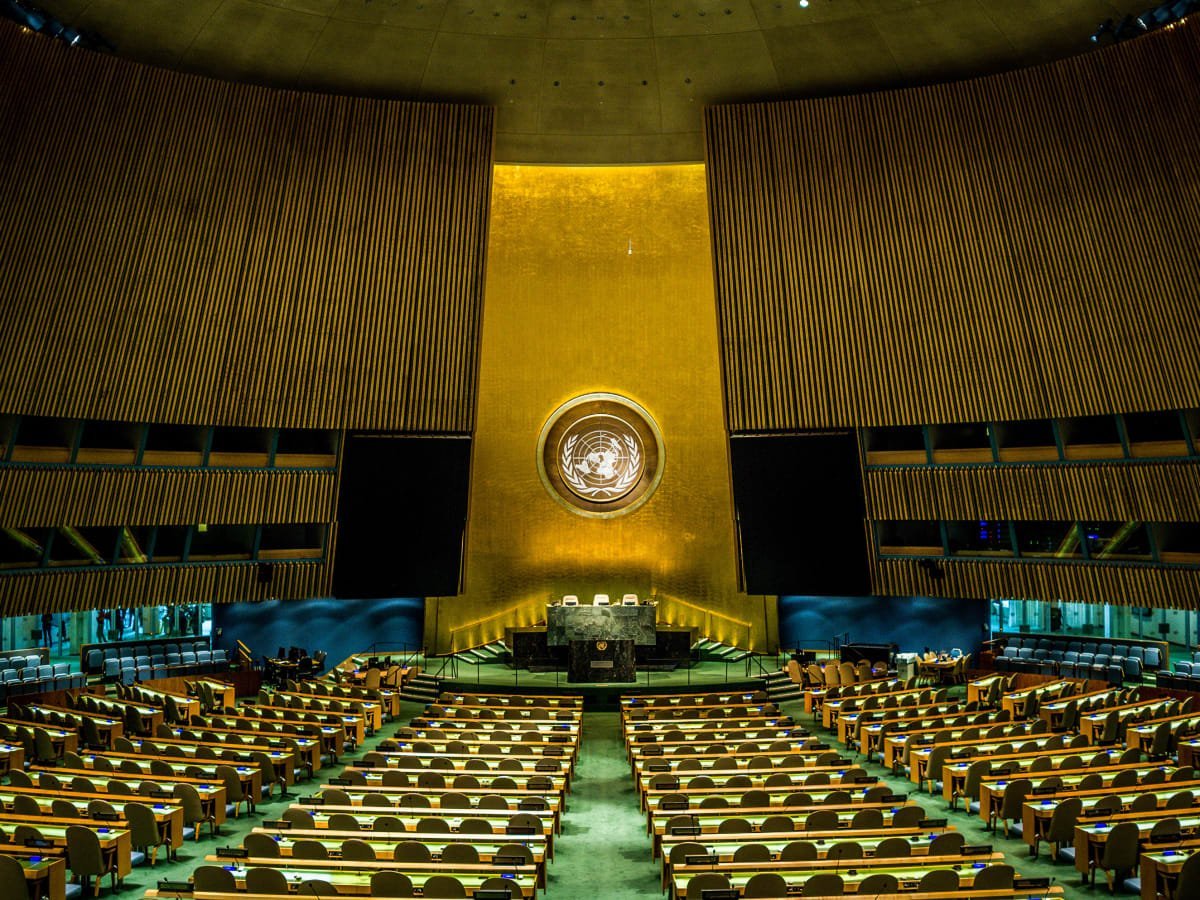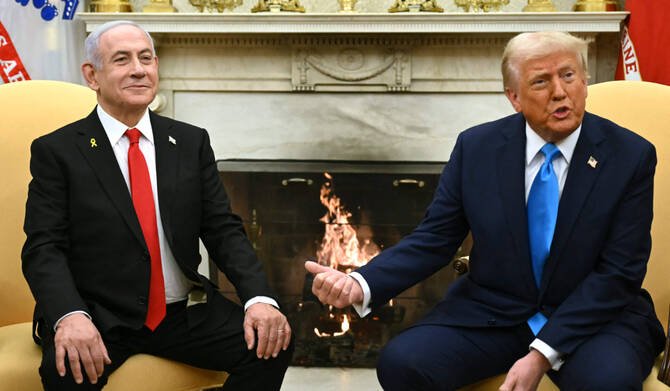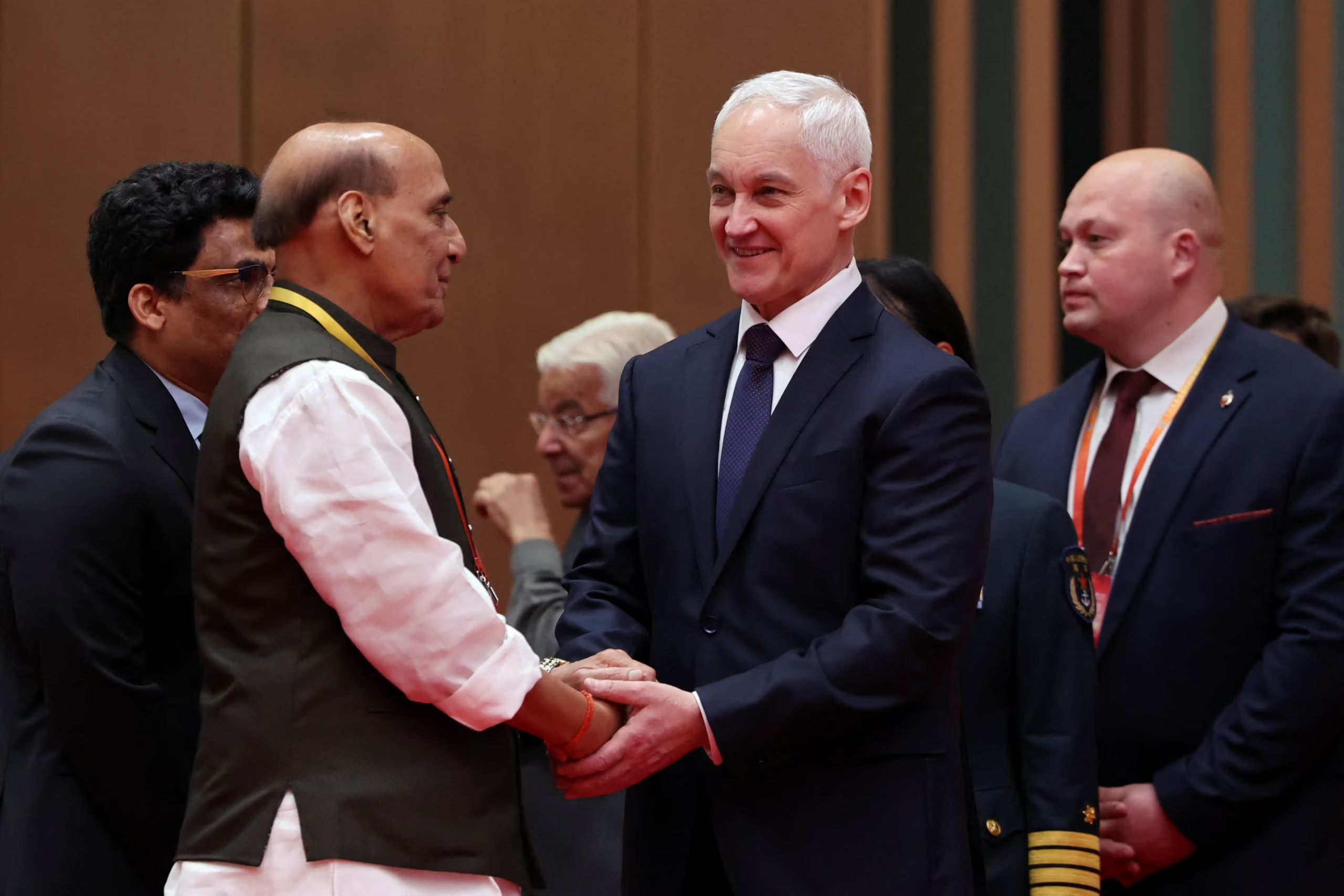Ustad Nusrat Fateh Ali Khan, the much-revered qawwal, passed away on August 16, 1997 due to cardiac arrest. However, he leaves behind a legacy of greatness, and continues to be remembered for his mesmerising voice.
Born October 13, 1948 in Faisalabad, Pakistan, Nusrat Fateh Ali’s family had been qawwals – those well-versed in the devotional poetry of Sufism – for six centuries. Khan was also well-versed in ghazals, a form of romantic love and loss-themed poetry.
Often called the ‘Shahenshah-e-Qawwali’ for his vocal abilities, Nusrat Fateh Ali is widely credited with introducing qawwali music to international audiences.
He produced movie scores and albums in Europe, India, Japan, Pakistan, and the US.
He collaborated with Western artists, becoming a well-known world music artist. He toured extensively, performing in over 40 countries. In addition to popularising qawwali music, he also had a profound impact on contemporary South Asian popular music, including Pakistani pop, Indian pop as well as Bollywood music.
Ustad Fateh Ali Khan, his father, wanted Nusrat Fateh Ali to become a doctor. As a small boy, Nusrat Fateh Ali would eavesdrop on his father’s singing classes, eventually studying with him.
After his father’s death, Nusrat Fateh Ali studied qawwali with his father’s brothers, Salamat Ali Khan and Mubarak Ali Khan. He began performing with them in 1966, and after the death of Mubarak Ali Khan in 1971, he became the leader of the family’s musical pursuit. Adapting the music to his generation, he slightly sped up the tempo of the songs.
Nusrat Fateh Ali’s first public performance as the leader of the qawwali party was at a studio recording broadcast as part of an annual music festival organised by Radio Pakistan, known as ‘Jashn-e-Baharan’.
Nusrat Fateh Ali can be credited with bridging the gap with classical South Asian music with contemporary techniques. He collaborated with musicians such as Eddie Vedder of Pearl Jam for the soundtrack of the movie ‘Dead Man Walking’ and Peter Gabriel.
In 1988, Nusrat Fateh Ali teamed up with Gabriel on the soundtrack to ‘The Last Temptation of Christ’, which led to his signing to Gabriel’s Real World label. He would go on to release five albums of traditional qawwali through Real World, along with the more experimental albums ‘Mustt Mustt’ (1990), ‘Night Song’ (1996), and the posthumous remix album ‘Star Rise’ (1997).
In 1989, commissioned by Oriental Star Agencies Ltd in Birmingham UK, Khan collaborated at Zella Recording Studios with composer Andrew Kristy and producer Johnny Haynes on a series of fusion tracks.
Throughout his career, he also collaborated with artists across the border such as Indian composer and musician, A. R. Rahman, playback singers Asha Bhosle and Lata Mangeshkar and lyricist Javed Akhtar.
Nusrat Fateh Ali collaborated on the song ‘Gurus of Peace’ for Rahman’s 1997 album ‘Vande Mataram’, released to celebrate the 50th anniversary of India’s independence. As a posthumous tribute, Rahman later released an album titled ‘Gurus of Peace’ which included ‘Allah Hu’ by Khan.
Rahman’s 2007 song ‘Tere Bina’ for the film ‘Guru’ was also composed as a tribute to Khan.
Shortly before Nusrat Fateh Ali death, he composed music for three Bollywood films, ‘Aur Pyaar ho Gaya’, ‘Kartoos’ in which he sang for ‘Ishq da Rutba’, and ‘Baha na Aansoo, alongside Udit Narayan. He died shortly before the movie’s release.
His final music composition for Bollywood was for the movie ‘Kachche dhaage’ where he sang in ‘Is Shaan-e-Karam ka kya kehna.’ He also sang ‘Saya bhi saath jab chhod jaye’ for Sunny Deol’s movie ‘Dillagi’. The song was released in 1999, two years after Nusrat Fateh Ali’s death. He also sang ‘Dulhe ka Sehra’ from the Bollywood movie ‘Dhadkan’ which was released in 2000.



